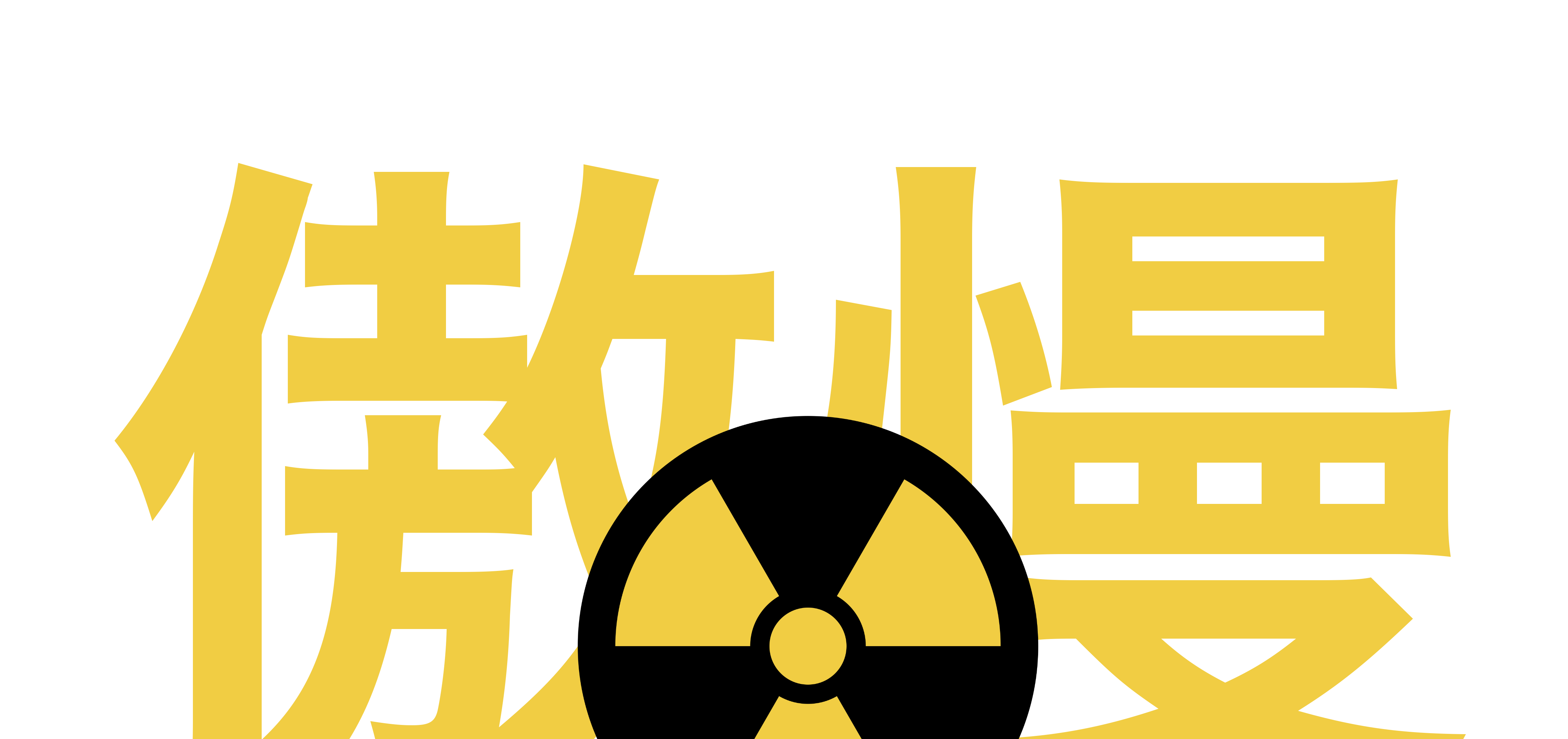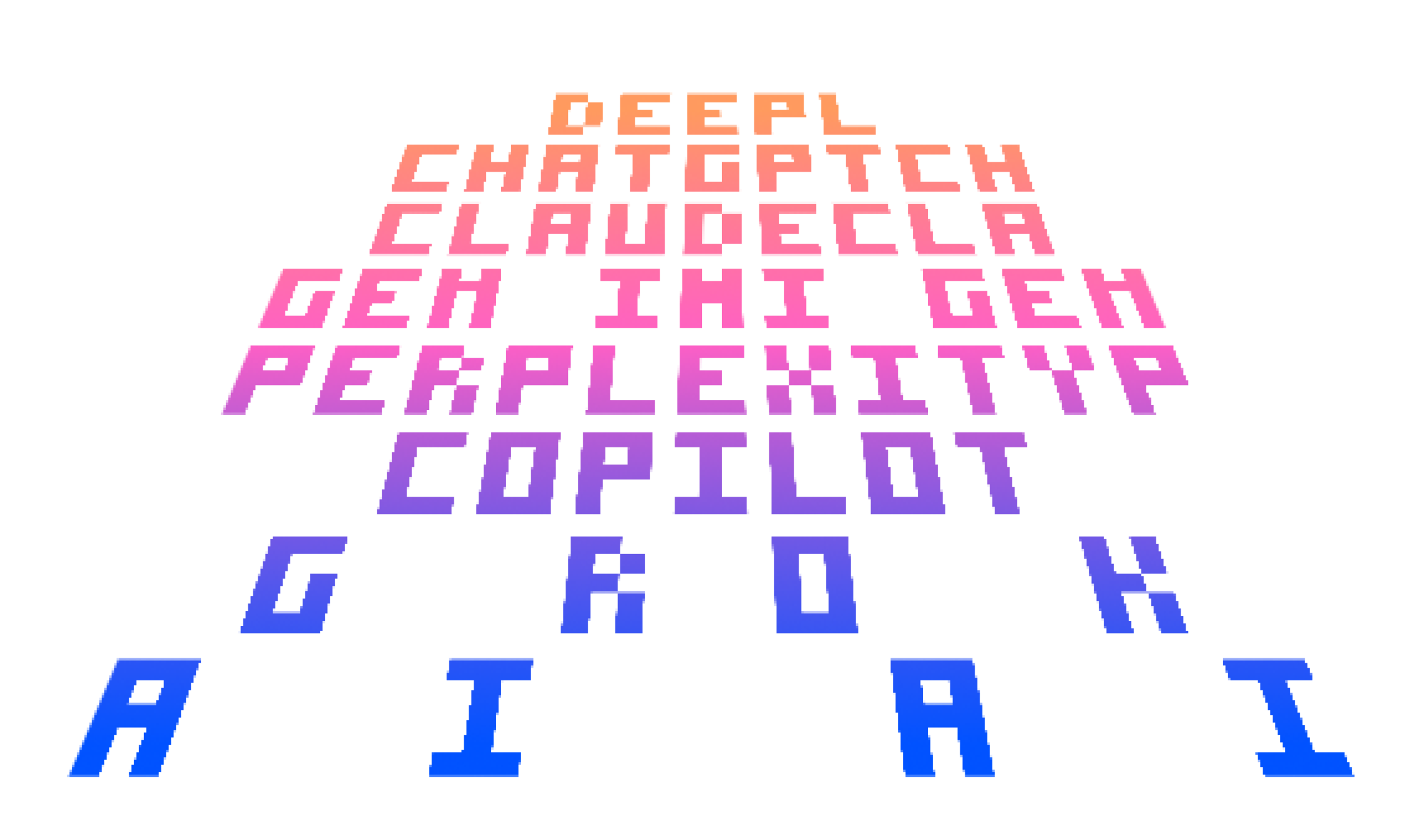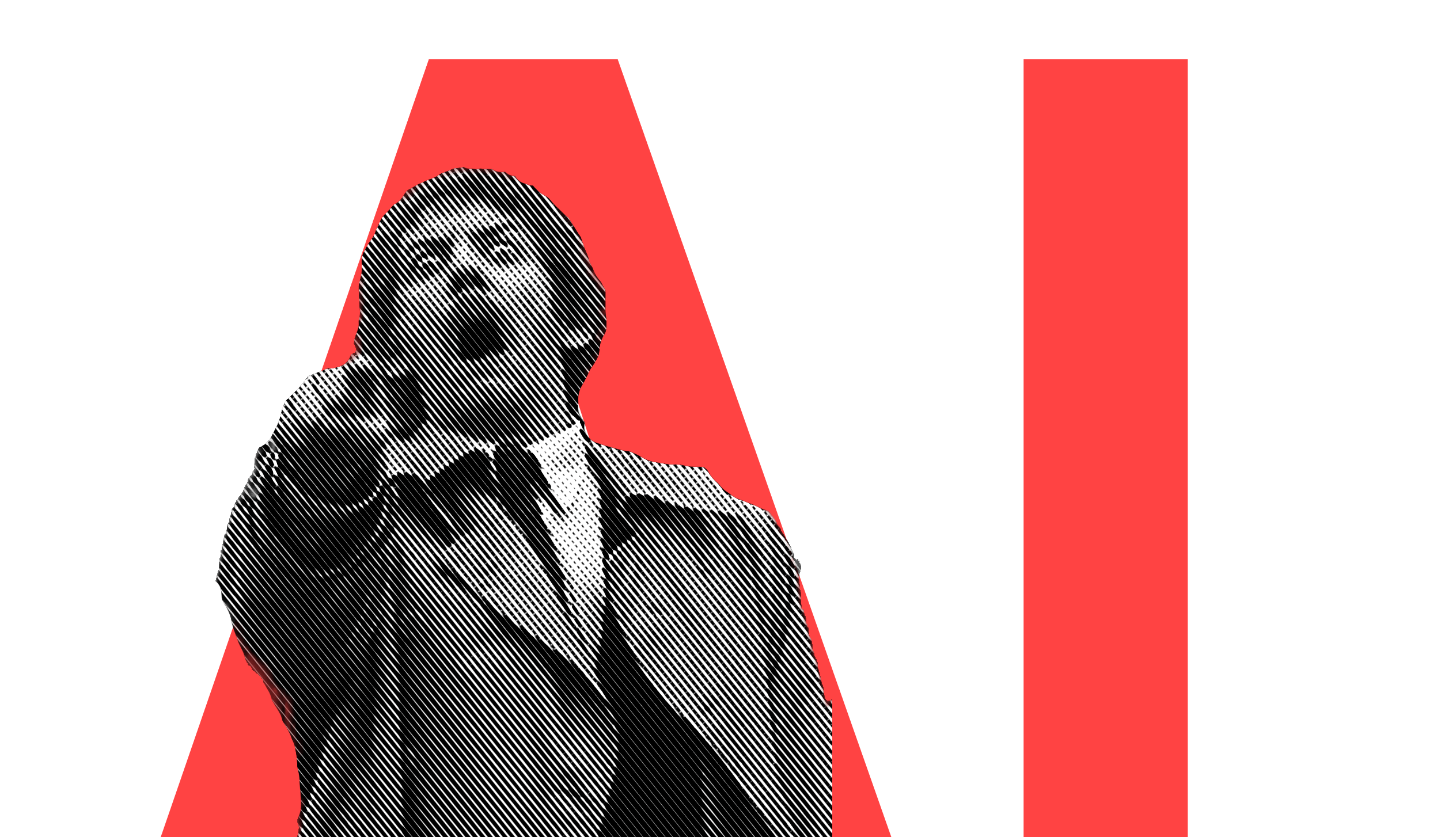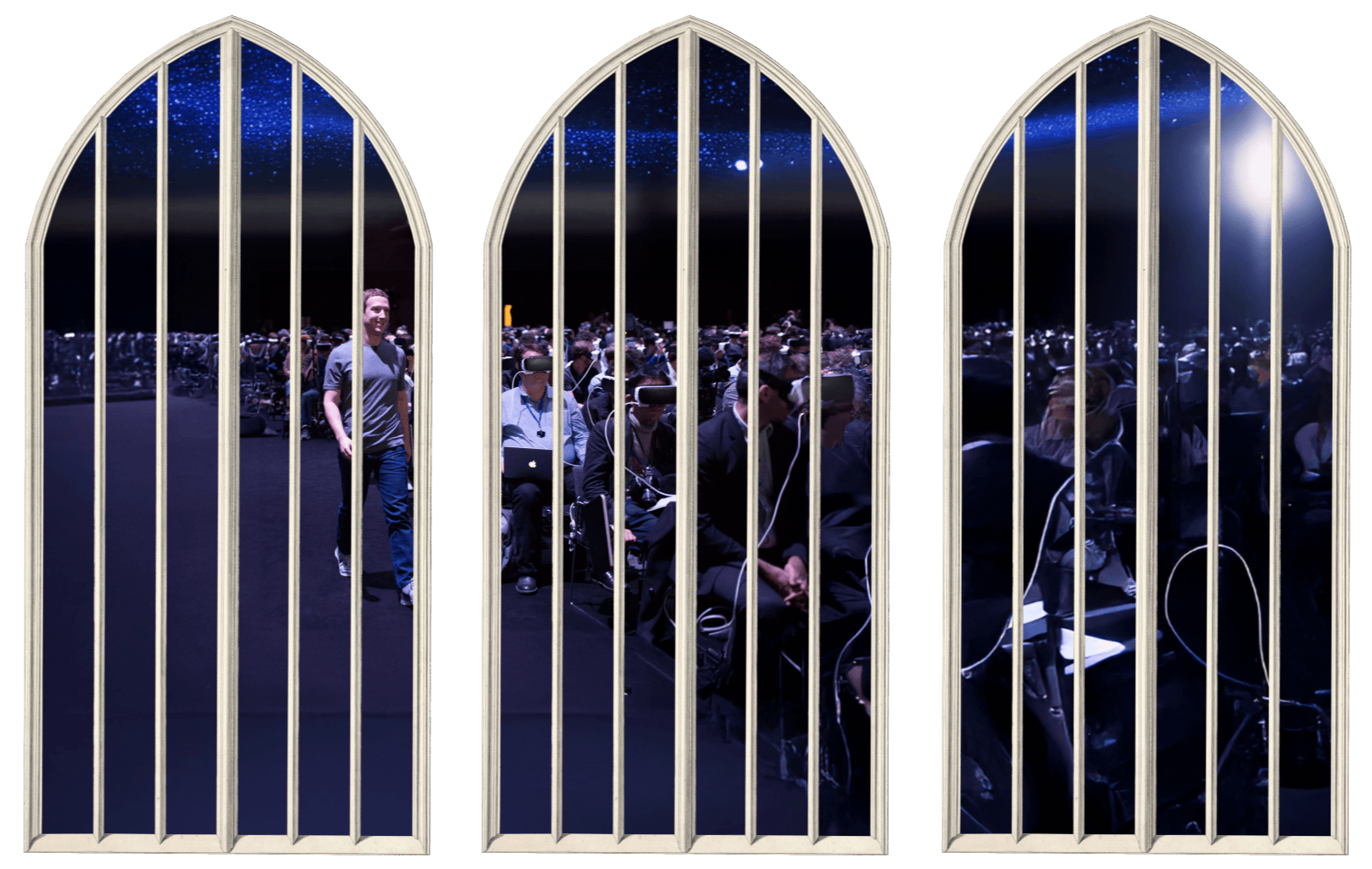I’m not a nuclear expert. I am a 40-year-old Swiss web designer, with a degree in philosophy, living in Tokyo. And I’m a father of a two-year-old boy.
I was nonchalant about nuclear energy so far, but recently, I’ve read a lot about it; it’s hard to understand the discussion. Not the discussion about technology. One can learn the basics pretty quickly; the more advanced matters are out of reach, but I’m mostly confused about the logic of the debate.
Nuclear optimists think that the next generation of supposedly safe nuclear power plants will solve our energy problem; nuclear pessimists plead for clean energy. Optimists and pessimists operate with somewhat ironic notions (clean energy, safe nuclear power). Everybody agrees that humanity’s problems are due to bad technology that should be replaced with better technology. This in particular I find curious. Is more technology really the right solution? Don’t we have enough technology? What is it that we are really lacking?
I can’t see how nuclear power plants were based on bad technology. The technology as such is quite impressive. I find it stunning how much raw power these nuclear power plants are able to produce with such a tiny amount of fuel. As a web designer, all I can say is for sure that: In my world engineering is a matter of compromise, not perfection and that, usually not bad technology but bad practice causes trouble.
The Good the Bad and the Ugly
The Bad
Bad technology is technology not fit for its purpose, technology that lacks thought and consideration and thus requires a lot of thought and consideration to be used appropriately.
The lack of thought is a problem as old as humanity. Thinking hurts. And as with every form of pain, it’s a great business. The design business (putting thought into things) only exists because there is a lack of thought in the way things are constructed. As you might guess, web design is not an easy business, since most of our work is thinking. And it hurts.
The Good
Good technology is technology that doesn’t rely on humane perfection. Good technology works without much ado and mainly without major repercussions if used casually.
Even though the Web is a bit younger than nuclear energy, I’d say that in terms of man hours invested, the Web is probably as advanced as nuclear technology. Maybe it’s even a tick ahead. I’m not saying that the web is an alternative to nuclear energy—I’m not that confused. What I’m saying is: The infrastructure and the top layer of the Web is so solid, that whenever things go wrong (which of course happens quite often), it’s usually due to too much ambition, or a lack of thought or experience in the way technology is used.
The Ugly
The deal is: designers think so you don’t have to. That’s what you pay us for. Unfortunately, there is another way to make money from a lack of thought. Throughout human history con men of all shades have used the humane fear of thinking in their favor. You can be sure that whoever promises cheap solutions (for example: social media marketing) to complicated problems (for example: the Internet) is trying to profit from your physical or mental laziness.
The Use of Thought
Thinking is hard work. Thinking clearly and consistently for hours and hours is something that only a few trained people can do. But as the old Greeks have proven at length, thinking for hours and hours over dozens of years can lead to incredible results.
You can’t move mountains or even cut a tree by just thinking. How does thought cause change? Thinking helps the economy of action. If you want to cut a mountain of wood, you’d better take the time to think and sharpen your axe before hacking away. I am convinced that if we all think with concentration for only five minutes every day our lives would be much easier. Unfortunately we believe that we have no time to think, rather than taking the time for it.
Applied Science and Truth
In the eyes of the ancient Greeks, applied science (speculate, test and see) would have been regarded as barbarism. In their eyes, only idiots test their thoughts in the world. Sophisticated people test their thoughts with other people.
In this mindset there is truth and truth is apparent—it doesn’t need to be forced out of a foxhole at gunpoint. Truth is something that is uncovered—it’s obvious, naked. If it’s not naked, it’s not the truth. Truth doesn’t need to be hunted down. It reveals itself. It’s not always what you hoped, but it’s clear. A beautiful concept, but the skeptic position that there is no truth but only probability, and that everything is relative, is more popular. Many believe that the skeptic position is extraordinarily wise.
Science and Wisdom
As unpopular as the notion of truth is, in our time we can hardly afford to believe in words because of their beauty. We need to test the results of our science because one of our main goals in developing science is to use it to build more technology. We don’t want to know in order to know, we want to know in order to use.
It’s hard to digest, but the goal of classic philosophy was not applicable knowledge or financial profit, reasoning happened for the sake of reason. Or to put it in sweeter terms: out of love of wisdom. That is a massive difference. Not that the classic philosophers opposed any use of knowledge—the practical usefulness of knowledge was just not the primary goal of research. It was the desire to get insight in what was not understood.
Wisdom is something we don’t seem to believe in anymore. How do we know if it even exists? It’s not measurable, not weighable, not countable.
Wisdom and Achievements
You can frown upon the unpractical ways of the ancient Greeks—”why think when you can test and know right away?”—their desire for such unmeasurable, unweighable, and uncountable baloney as “wisdom”, but this very unpractical philosophical method discovered and defined logic, democracy, art, philosophy, literature, and any form of natural science (including, among others, the theory of atoms).
The ancient Greeks out-innovated us without A/B-testing, mainly by thinking. And they thought all that in a (historically speaking) very short time span, with very few people.
Technology and Hubris
Techne, Technique and Technology
Technology is from a Greek word. “Techne” meant the way to do things (we now use the word “technique” for that). Technology is not the way but the means with which we do things. It’s more of a pragmatic, neutral notion than technique. We put a lot of thought into technology so we need less thought, effort and technique to achieve our goals.
Our civilization prides itself of its technological achievements. We are proud to achieve more with less thought, effort, and technique. We are so proud of our machines that only few people realize that other civilizations had invented many of them way before our civilization had even formed. For instance, ancient Greeks already had steam engines. However, they were not used for practical purposes.
Why didn’t they build railways, cars, and rockets? They didn’t dare. Using automatons for pragmatic tasks seemed just too much, over the top, inhuman. What held them back? Being as smart and inventive as they were, they definitely could have come up with a concept as obvious as wheels on rails. It was not the lack of steel or the missing pistons but the fear of hubris that prevented them from using the steam engine for more practical tasks. It was the fear of hubris.
Greek for “insolence”, excessive pride that constitutes the protagonist’s tragic flaw and leads to a downfall.
While we still have a basic understanding of what defines “hubris”, the fear of giving into hubris is not one of our main concerns anymore. Whether you believe in the Greek Gods or not, avoiding hubris still is a pretty reasonable approach. You don’t need to believe in Divine Intervention to understand why excessive pride is dangerous. Pride is the blindness that comes with power. And power and pride are as dramatic a duo as nitro and glycerin. Hybris indicates that you are out of touch with reality. Hubris, ignorant pride, is the exact opposite of wisdom, conscious modesty.
Power and Blindness
We are proud of our machines because of the power they provide us. It was not easy to achieve all this power. It took us hundreds of years to develop those Aeolipiles into piston driven steam engines, coal engines, fuel engines, jet engines and atomic power plants. And they really are massively powerful.
Their unfathomable power makes us proud and blind. For a half century we have actually been able to completely eradicate ourselves and make the Earth unlivable. We are way more powerful than any other civilization before us. What we sacrificed is what we now need most: wisdom.
We need wisdom the most when we believe in it the least. —Hans Jonas
The method that made us build, operate, and manage our awesome power goes back that very same barbaric thinking that Greeks would have frowned upon: Try and see. Which brings me back to my profession (which involves a lot of hybrid try and see).
A Designer’s Perspective
Forget that Old Shit
You may still feel completely comfortable and laugh about the Old Greeks, their superstitious fear of hubris, and their preference for reasoning over experimentation in researching the truth. You may still believe that the next generation atomic power plants are completely safe. And maybe you are right.
What do I know? I am just a web designer. Maybe really knowledgeable people do know for sure that next generation power plants cannot break. Maybe there is no such thing as hubris.
Engineering and Perfection
However I look at it, from where I come from, there is no perfection. Engineering is always a matter of compromise. For websites and applications it doesn’t make sense to assume that they never break. In my world there is no absolute predictability; in my world security is not just a technological problem. In my world, the weak spot of the technology I deal with is always us humans. The humans that build, operate, and manage technology.
I can’t say for sure whether perfect machines are possible, but I know that to build them, manage them, and use them we’d need perfect humans. Unless human nature becomes divine through divine intervention, any installations we build, manage, and operate cannot be fully trusted. I might be wrong, but it seems to me that any technology that threatens the existence of us imperfect beings (or a substantial part of it) should not be built, managed, or operated by imperfect beings.
Perfect People
And it also seems to me that technology in the hands of people who pride themselves to know everything, who also don’t know what they don’t know, is where things started to get really dangerous.
Whether you look at Chernobyl, Three Mile Island, or Fukushima, the operators all knew a lot about nuclear science, but they didn’t fear hubris, and this lack of fear allowed them to do what they did.
Conclusion
Experts
If you, like me, still want to replace bad technology with better technology (to my ignorant hybrid mind, clean energy still sounds like a pretty sweet thing), fine. But, whatever we do next: Let us not just ask the experts. It’s not expertise that was missing, what was missing was reason, modesty, consciousness:
When the Kanazawa branch of the Nagoya High Court handed down a ruling in January 2003 nullifying permission that had previously been given for the construction of the prototype Monju fast breeder reactor (FBR), electrical power companies and researchers involved in the power industry were up in arms. At a debate about the court ruling, a university professor who was a proponent of nuclear energy employed his knowledge of specialized terminology to talk down an opposition-party Diet member. Later on, I witnessed the professor and some cronies smirk in the corner of the room as they muttered, “Take that, you amateurs.”
Many of them might be perfectly reasonable and honest, some might even be wise, but it can’t hurt to ask many different reasonable people from many different disciplines.
You might disagree with my ignorant text, but don’t ever tell us again that we don’t understand enough about nuclear energy to have an opinion. Don’t tell anyone they cannot have an opinion on nuclear energy on the basis they will never understand the scientific technicalities of it like you do.
Citizens
If you have doubts about your own knowledge: Don’t let anyone tell you that you don’t have the brain, or the will to learn and think about whatever the problem is. People that tell you don’t know enough to judge are the same that want you to be as ignorant as possible so they can decide for you. Most people will understand enough about nuclear energy if they spend 15 minutes on Wikipedia. Moreover, it is your civic duty to know what’s what, to have an informed opinion.
Anyone who cares about the problem should have a voice in this, whether they’re shoe makers, nurses, gymnastic teachers, grandmothers or hairdressers. There is not just a scientific, political, and managerial perspective on nuclear energy. There are many different very reasonable perspectives, and they all count—as long as they are honest and well reasoned.
Maybe what we need are not those that help us lift heavier weights than our arms can carry, run faster than our legs can move, see further than our eyes can see, hear more than our ears can hear—maybe what we need is time to be able to think clearly. A thinking that allows us to rely less on technology.







